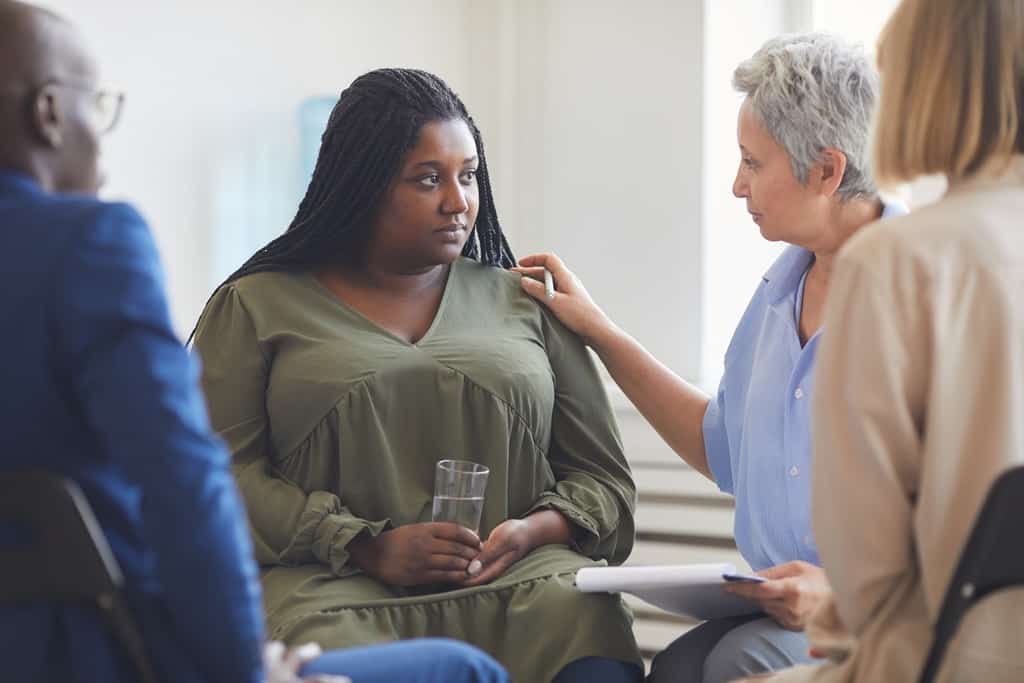The road to recovery from substance abuse is an uphill battle. If you have a loved one who is struggling to get off his addiction to prescription drugs, you should understand that he needs help. Being provided the right support from family and friends can play an important role in one’s road to rebuilding himself from substance abuse.
Abusing prescription or other illegal drugs affects the brain, bringing about powerful cravings and extreme compulsion to use these drugs to attain sobriety. But recovery is not unattainable. With the will to cope with the addiction, right treatment, and unending help from loved ones, brighter days are coming.
So how should you help others or especially a loved one to cope with substance abuse? Here are 9 ways to do it:
Set Realistic Goals
Coping with substance abuse is not like treating the flu. There are no set procedures, so it may challenge your innovation and creativity. There will always be ups and downs and the road to recovery can be long weary. Helping someone with substance abuse can undoubtedly challenge your patience. You may feel frustrated at times. But if you set realistic goals and appreciate every little improvement, your motivation will not wane.

Never Instigate Guilt, Encourage
Never try to blame and find faults. It may be counterproductive. Always remember that addiction may have been the result of someone not able to cope with stress and problems in life. Do not dwell on events that led to the present situation. Instead, be positive and focus on the beautiful things that happened before the addiction and the things that can happen after recovery. Give a word of encouragement.

Seek Support from Others
Do not be his only environment. If others are willing to help, let it be. Undoubtedly, friends and relatives can share their support too. They may be able to do some things that you cannot provide. Besides, the more help you get, the more that you can also rest. Your addicted loved one will surely feel more loved which is important to his rebuilding process.

Consult a Professional
Do not rely on what you have researched or worst, your instinct. Seek the help of a professional interventionist. This way, your actions will be guided. You should always consider your loved one’s health and safety. A professional may also let you know if what you are doing is enough.

Never Delay Rehabilitation
Bear in mind that what you are doing may not completely rehabilitate someone with an addiction. You may only be providing basic support but may not improve the overall condition. Finding the right rehabilitation center should be considered immediately. There may be some resistance from your loved one, but this can be the best way to get the help he needs.

Avoid Enabling Behavior
Taking all the responsibilities upon yourself can be your initial goal. But the truth is you may not be able to perform all that you expect yourself to do. Be honest with yourself and accept your limitations. Being supportive does not really mean you have to do all the dirty work. Reach out.

Don’t Take Compromises
Giving in to the same bad habits even if they come sparingly will not do any good. It may even delay the recovery from addiction. If you accede to these habits, accept them but you have failed in your goals. Assert what is right no matter what.

Be Wary of Your Own Behavior
If you have been caring for a loved one who is a drug addict for a long time, you can be predisposed to developing a condition called codependency, a dysfunctional part of caring. In this case, you become overly responsible leading to losing your right judgment. To avoid this, you should always set a boundary, or else you should see a professional.

Prioritize Your Well-Being
It’s a mistake to neglect yourself because you are caring for another. Always bear in mind that you cannot give the best care if you are not healthy. You should always give attention to your physical, mental, and emotional health before anything else.

Bringing your loved one to a rehabilitation center should not mean that all your responsibilities are already fulfilled. You will be required to attend some sessions like family therapy that involves you, friends, and other family members or all those considered as a support group. This will educate you and the rest of the support group on the reinforcement of long-term transformation and integration to the community once again.
